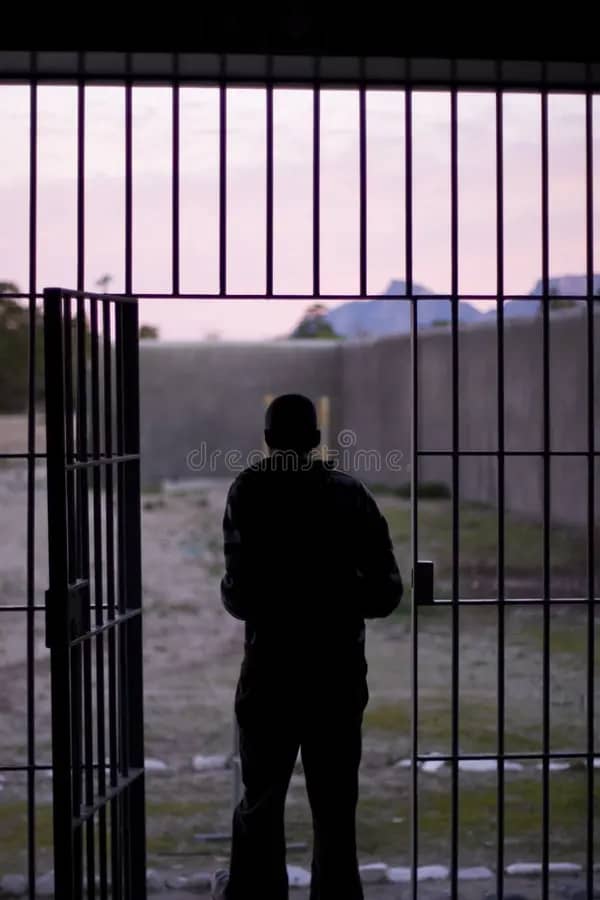On June 25, 2025, Pakistan’s Supreme Court finally overturned the conviction of Anwar Kenneth, a mentally ill Christian man who spent 23 years on death row after being accused of “blasphemy.” His case is yet another powerful and troubling reminder of how blasphemy laws in Pakistan can lead to devastating consequences for vulnerable individuals—especially those from minority communities.
Anwar Kenneth, now 72 years old, was arrested in 2001 over allegedly blasphemous letters concerning the Prophet Muhammad (PBUH). Despite medical reports confirming his mental illness, he was sentenced to death in 2002 under Section 295-C of the Pakistan Penal Code, which mandates capital punishment for those found guilty of defiling the sacred name of the Prophet.
For more than two decades, Anwar remained in solitary confinement, facing execution for a crime he could not fully comprehend. In 2014, even after renewed medical evaluations supported his mental illness, the court chose to uphold his conviction. It wasn’t until this year that the Supreme Court ruled that a person not of sound mind cannot be held criminally liable—finally overturning the sentence and clearing the way for Anwar’s release.
The Aftermath of Release
While legal justice has been served, safety remains a serious concern. Anwar’s lawyer, Rana Abdul Hameed, who is Muslim himself, emphasized that the family must now arrange for Anwar’s protection. The threat of vigilante violence looms large in Pakistan, where accusations of blasphemy can spark mob violence regardless of legal verdicts.
Hameed has also faced severe backlash for defending Anwar and calling for an independent probe into the misuse of blasphemy laws in Pakistan. The threats have become so serious that armed police officers now guard his office.
A Deeper Problem: Blasphemy Laws in Pakistan
What stands out in Anwar’s story is not just the miscarriage of justice, but the larger environment that enables it. Blasphemy laws in Pakistan, especially Section 295-C, are meant to protect religious sentiments. However, they are often misused and applied with little regard for mental health, due process, or evidence. Once accused, individuals are treated as guilty until proven innocent—and even then, threats to their lives often persist.
This legal framework has disproportionately affected religious minorities and those with mental disabilities. Cases like Anwar’s shed light on a pressing need to re-evaluate how such laws are applied—and the human cost of maintaining them in their current form.
Conclusion
Anwar Kenneth may be a free man now, but his decades-long ordeal is a haunting illustration of the harsh realities many face under blasphemy laws in Pakistan. His story is a call to critically examine not only the legal process but also the social consequences that follow. It also reminds us that justice delayed can too often become justice denied.
Source: https://www.barnabasaid.org/gb/news/pakistani-christian-man-freed-after-23-years-on-death-row-for-blasphemy/

No responses yet